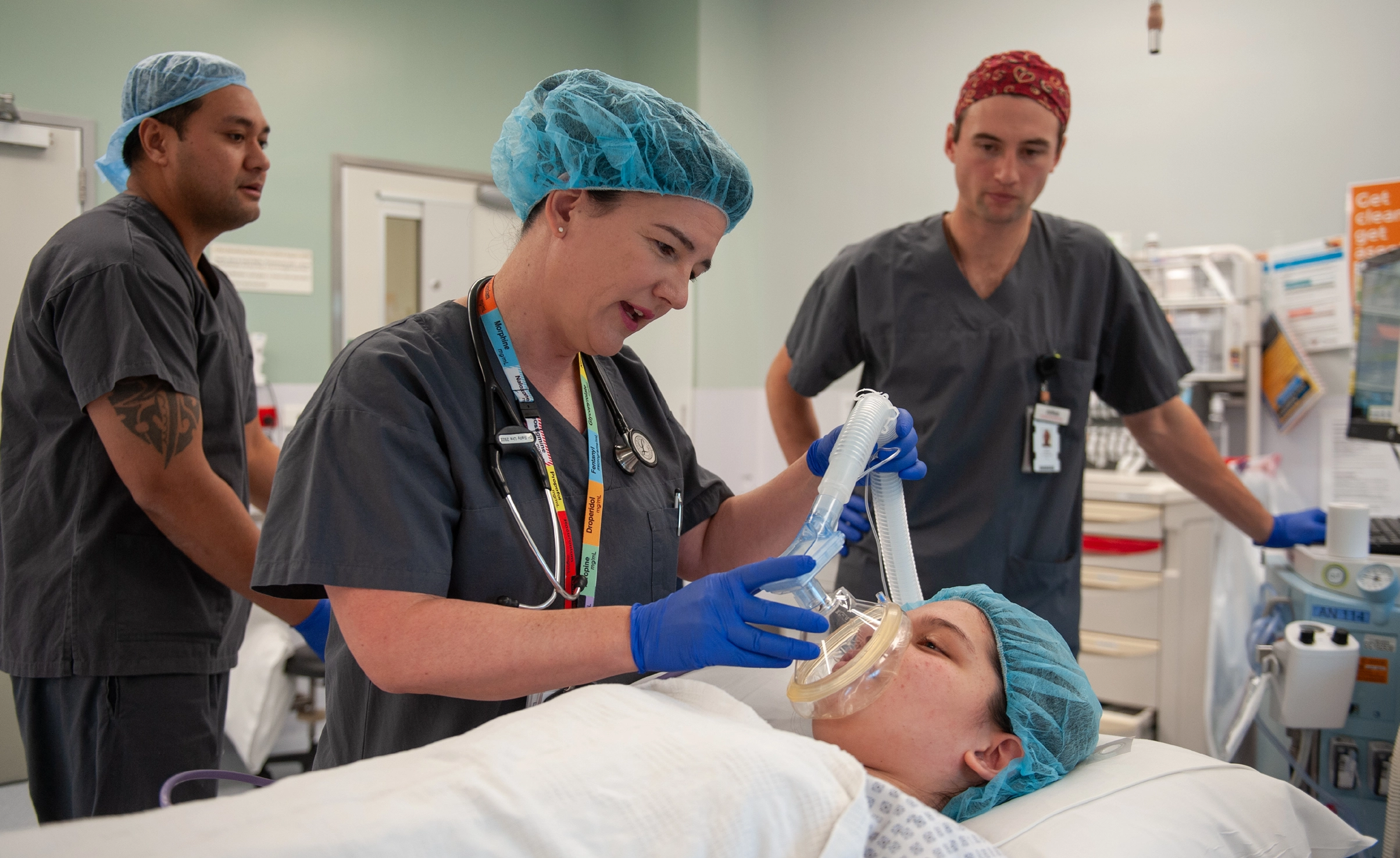We've created this video about what an anaesthetist does and how general anaesthesia works, to help you feel more relaxed about having a surgical procedure under general anaesthesia.
Is anaesthesia safe?
Anaesthesia is one of the greatest discoveries of modern medicine. Many of today’s operations, especially for the very young, very old or very ill wouldn’t be possible without it. All anaesthetists are highly trained. After finishing medical school and working for at least two years as junior doctors, specialist anaesthetists complete at least five years of training to become qualified fellows of the Australian and New Zealand College of Anaesthetists.
What are the three main types of anaesthesia?
There are several types of anaesthesia that may be used individually or in combination, depending on the surgery. With the possible exception of emergency situations, your anaesthetist will consult with you and your surgeon in deciding the safest and most appropriate type of anaesthesia for your situation. Sedation helps you to feel relaxed, more comfortable and to have little or no memory of the procedure. Regional anaesthesia is used, where feasible, to numb the operative area, allowing you to be fully aware but not in pain. Anaesthetic procedures like epidurals numb a specific area of the body. General anaesthesia produces unconsciousness, and stops you from being aware or feeling pain during your procedure. It may be associated with changes in breathing and circulation.
When will I need to speak to my anaesthetist?
Your anaesthetist will generally become involved in your care as part of the surgical team before your surgery to assess your medical condition and plan your anaesthesia. They’ll closely monitor your health and wellbeing throughout the procedure and help to ensure a smooth and comfortable recovery.
Am I asleep during general anaesthesia?
Being under general anaesthesia is different from sleeping. You’re in a carefully controlled state of unconsciousness. What if the anaesthetic doesn’t work? Your anaesthetist will talk to you before your operation about your general health to get a better idea of how likely you are to react to various anaesthetic drugs, the dosage they need to give you and any likely side effects. This will enable your anaesthetist to ensure that it does work and they will be closely monitoring you throughout the procedure.
Please note: This information is a guide and should not replace information supplied by your anaesthetist. If you have any questions about your anaesthesia, please speak with your treating specialist.

